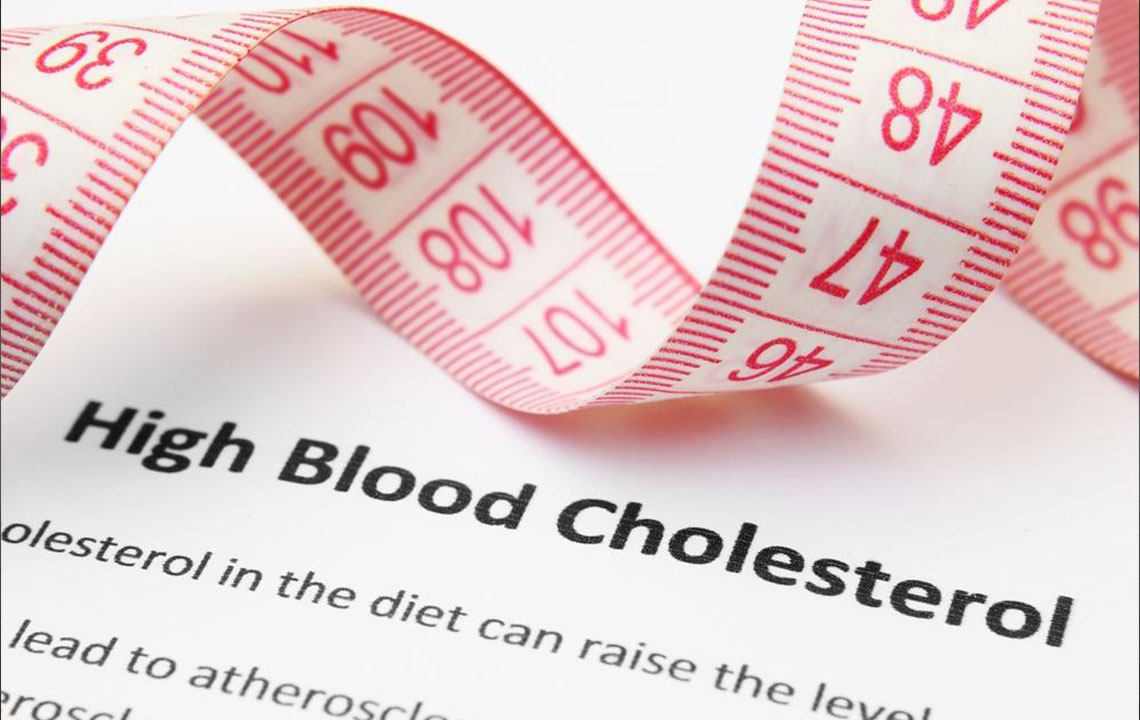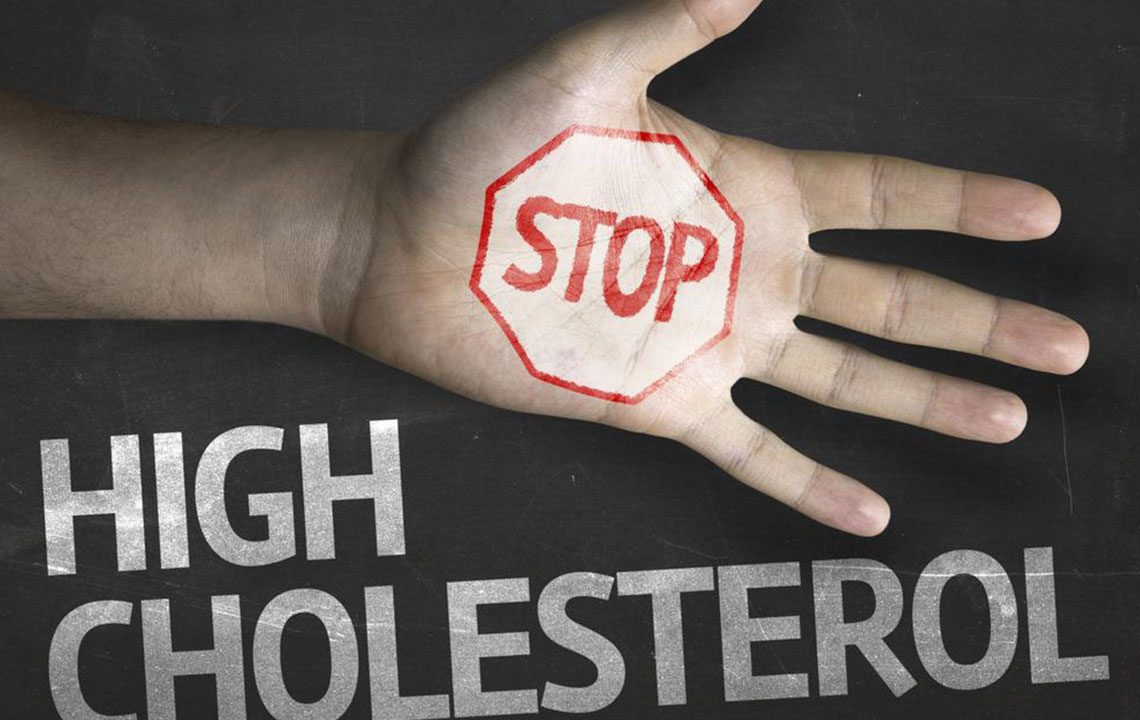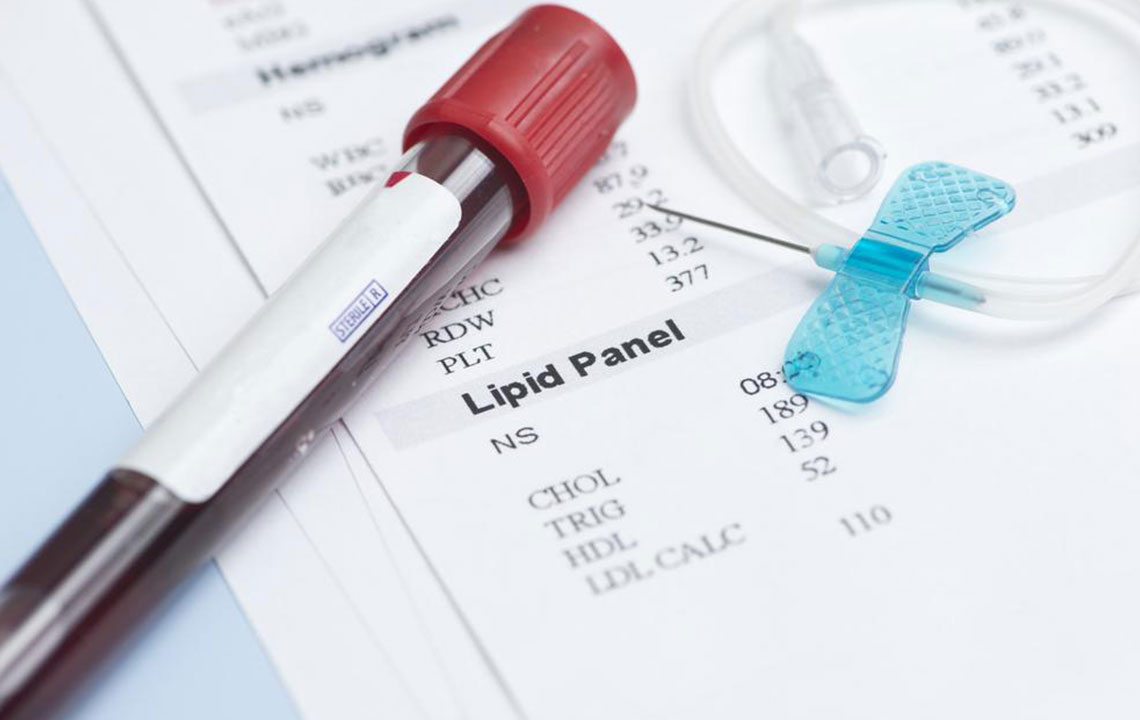Effective Strategies for Detecting and Managing Cholesterol Levels
Learn how to effectively diagnose and manage cholesterol levels with blood tests and lifestyle changes. Discover the importance of balanced diet, exercise, and medical intervention to prevent heart disease caused by high cholesterol. Regular screening is crucial for maintaining cardiovascular health.
Sponsored

Cholesterol is a fatty substance found in the bloodstream, vital for maintaining cell structure and producing hormones, bile acids, and vitamin D. While necessary for health, excess cholesterol can clog arteries and increase heart disease risk. Diet plays a significant role, as fatty foods contribute to elevated levels. Regular monitoring is essential to keep cholesterol in check. Blood tests evaluate different types of cholesterol, including HDL, LDL, and triglycerides. Lifestyle changes such as a balanced diet, regular exercise, and weight management are recommended, and medication may be necessary if levels remain high.
In the US, average daily cholesterol intake exceeds recommended limits, making regular screening crucial. Most consumed cholesterol is esterified, leading to accumulation in cells and increased blood levels. The body responds by decreasing its own cholesterol synthesis. Blood tests, called lipoprotein panels, measure cholesterol types, including total cholesterol, HDL (good cholesterol), LDL (bad cholesterol), and triglycerides. Maintaining ideal levels helps prevent heart issues. Healthy foods like fish, beans, olive oil, whole grains, fruits, nuts, and soy boost HDL, while reducing intake of eggs, processed meats, and full-fat dairy minimizes LDL and triglycerides.
The lipid profile classifies cholesterol levels as desirable, borderline, or high. For example:
Total cholesterol: less than 200 mg/dL is optimal.
HDL (good cholesterol): 60 mg/dL or higher is desirable, less than 40 mg/dL is low.
LDL (bad cholesterol): below 100 mg/dL is ideal, above 160 mg/dL is high.
Triglycerides: less than 100 mg/dL is desirable, over 200 mg/dL is elevated.
If blood tests show elevated cholesterol, lifestyle modifications are recommended, including reducing saturated and trans fats, limiting alcohol, increasing physical activity, and maintaining a healthy weight. Medications may be prescribed if lifestyle changes are insufficient, all to prevent heart disease and related health issues.






